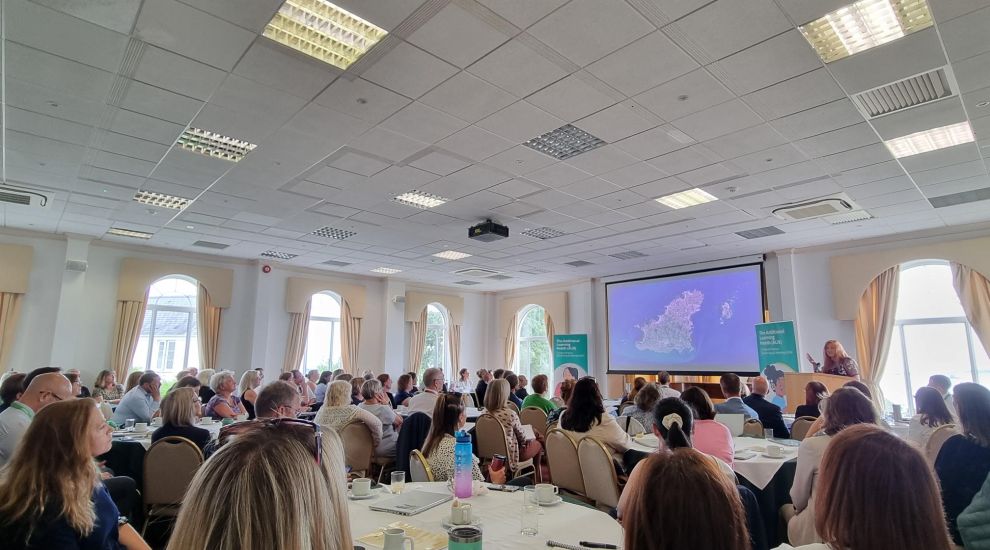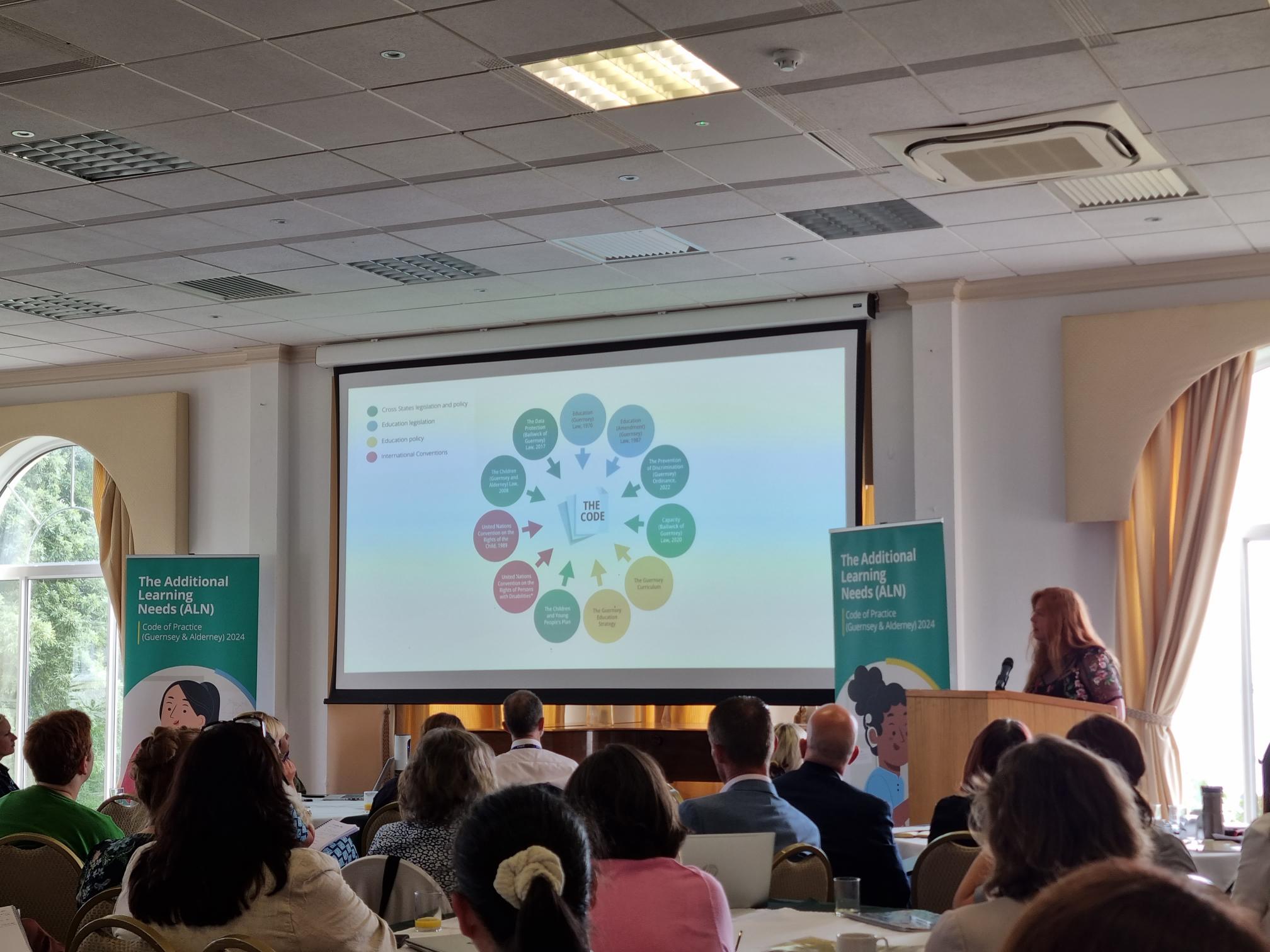


New legal guidelines are set to be published updating Guernsey’s two-decade old approaches for children with additional learning needs.
Dozens of educators and educationalists filled Les Cotils yesterday to hear about the new code of practice, which has been developed with input from teachers and consultants and will replace 2004 guidance.
It comes off the back of a 2021 report into special educational needs and disabilities (SEND) which recommended 18 improvements to improve local services.
The code provides legal guidance on the duties, policies and procedures for catering for students with additional learning needs and will need to be understood by all teachers.
A period of training is already being rolled out but could take up to two years for this to be completed, and ahead of the autumn term starting an essentials document will guide staff on being a teacher of all students including those with more needs.
Officials said this approach would ensure high-quality and inclusive learning was provided in every classroom across the Bailiwick.
Deputy Andrea Dudley-Owen, President of Education, Sport & Culture, said the review recommendations were fully supported by her committee, Employment & Social Security and Policy & Resources which saw the work fast tracked.
While she and officials said the code brings together all the legal threads from local legislation to international conventions such as the UN’s Rights of the Child, it was up to the professionals to “bring this to life”.

Pictured: Dr Julie Wharton explaining how the code brings together various laws and approaches.
Director of Education Nick Hynes said the changes were the “culmination of an incredible amount of work” and said it’s needed as “we know the implementation of the code of practice is going to have a positive impact and improve outcomes for children and young people.
“This is a really seminal moment for the whole of education, putting children who are the most vulnerable in our society at the forefront of our States”.
Mr Hynes said it would build on government strategies to ensure education is inclusive, removes barriers to learning, puts the child at the centre, improved early identification and intervention and sets out clear responsibilities on public workers and agencies.
Dr Julie Wharton from the University of Winchester has worked in partnership with the States to deliver the fresh guidance but told the teaching audience “this is all your work”.
Some of the biggest changes were scrapping the SEND definition and replacing it with “additional learning needs”, while four areas of general support have been identified to guide educators with their students.
These include cognition and learning, communication and interaction, physical and sensory and social, emotional and mental health.
Dr Wharton noted that most of the worlds additional learning needs provision has been developed by a special report delivered for the UK government in the 1970s by Dame Mary Warnock.
Comments
Comments on this story express the views of the commentator only, not Bailiwick Publishing. We are unable to guarantee the accuracy of any of those comments.